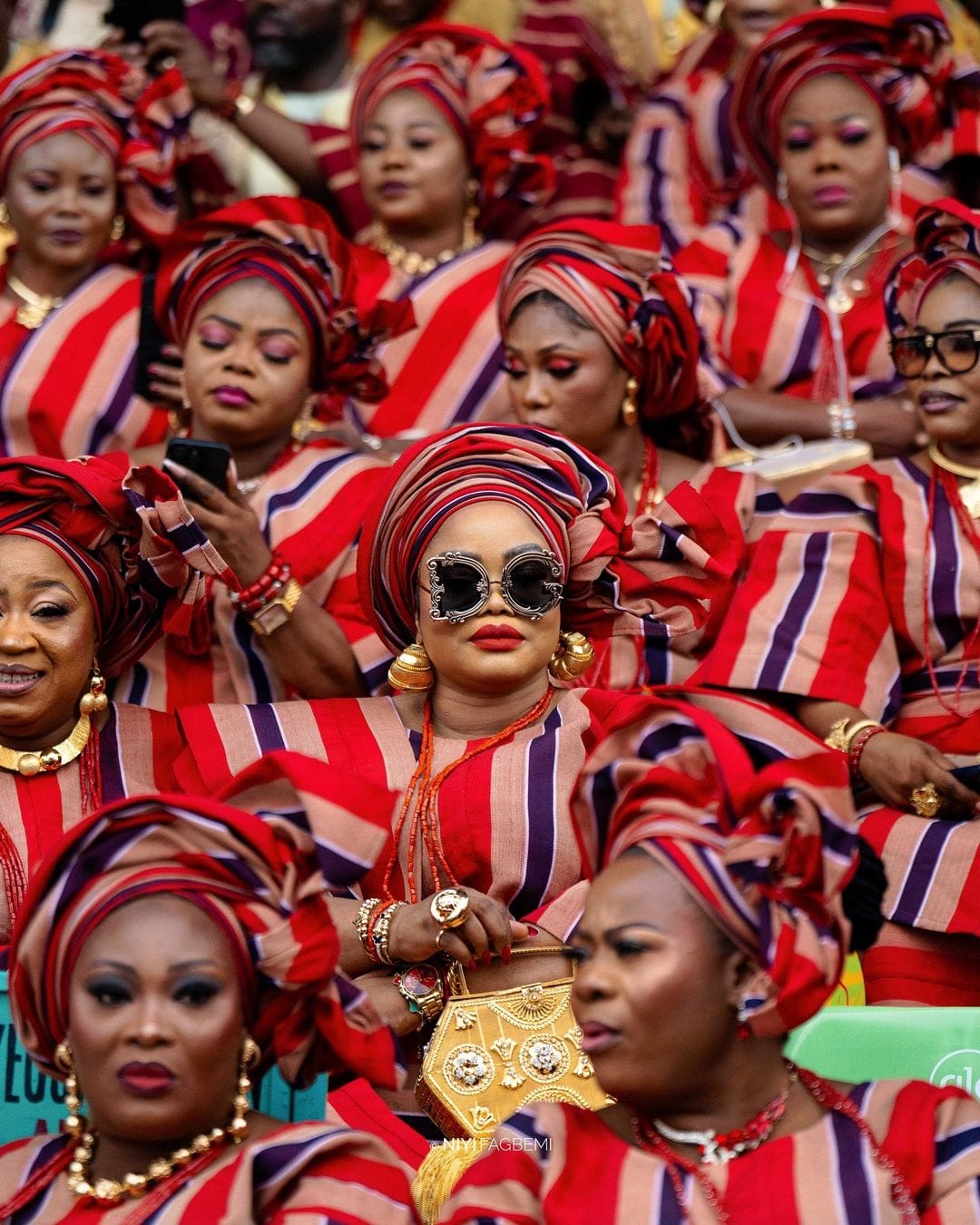Ever wondered how a simple 'hello' can open doors to an entire world of stories and cultural wonders? Step into a guide of the most popular African languages, where each syllable carries the weight of centuries, echoing the cultural richness of the continent. From the rhythmic beats of Swahili to the soulful tones of Yoruba, let's delve into the origins, history, and enchanting phrases of some of the most popular African languages.
Introduction
Languages are the heartbeat of human connection, pulsing with stories, histories, and diverse cultures. Beyond mere tools of communication, they embody the essence of our shared existence, each one a unique human expression. Languages allow us to express ourselves and foster connections.
In this exploration, we turn our gaze to the large continent of Africa, a treasure trove of languages that mirror the resilience, identity, and rich heritage of its people. By celebrating African languages, we not only pay homage to linguistic diversity but also embark on a captivating journey through the vibrant narratives and unique expressions that define Africa's cultural and historical legacy.
From the rhythmic beats of Swahili to the soulful tones of Yoruba, let's delve into the origins, history, and enchanting phrases of some of the most popular African languages.

Swahili
Originating from the coastal regions of East Africa, Swahili has a history intertwined with trade, migration, and cultural exchange. A Bantu language enriched with influences from Arabic, Persian, and Portuguese, Swahili serves as a unifying force in countries such as Kenya, Tanzania, Uganda, Rwanda, Burundi, and the Democratic Republic of the Congo. The phrase "Habari gani?" is a common greeting, asking, "How are you?" While "Asante sana" expresses deep gratitude, and "Karibu" warmly welcomes others.
Yoruba
Rooted in Nigeria, Yoruba is not merely a language but a cultural emblem with a history dating back to the ancient Oyo Empire. Spoken by over 40 million people, Yoruba resonates in Nigeria, Benin, and Togo. Greetings like "Bawo ni?" inquire about well-being, "E se" conveys gratitude, and "Ẹ kú àárọ́" wishes a good morning.
Zulu
Zulu, a Bantu language, echoes through the hills and plains of Southern Africa. As one of South Africa's official languages, Zulu has become a linguistic beacon for millions. "Sawubona" is a warm greeting meaning "Hello," "Ngiyabonga" expresses gratitude, and "Hamba kahle" wishes a safe journey.
Amharic
The official language of Ethiopia, Amharic, boasts a script dating back to the ancient Ge'ez script. Acting as a unifying force, Amharic is spoken by diverse ethnicities in Ethiopia. "Salam" is a common greeting, "Ameseginalehu" expresses gratitude, and "Endemin hulachuh?" inquires about one's well-being.
English
Although not native to Africa, English has become a lingua franca across the continent. Introduced through historical connections, English is spoken in countries such as Nigeria, Ghana, Kenya, South Africa, and more. Basic greetings like "Hello," "Thank you," and "How are you?" seamlessly integrate into daily conversations. In Nigeria, Pidgin English, a dynamic and expressive blend of English, indigenous languages, and local dialects, has become a cultural phenomenon, bridging communication gaps and creating a unique identity.
French
French, a language with historical ties, is widely spoken in North and West Africa, influencing culture, education, and administration. In countries like Senegal, Ivory Coast, and Algeria, "Bonjour" is the familiar "Hello," "Merci" expresses gratitude, and "Comment ça va?" inquires about well-being.
Portuguese
A language with historical roots, Portuguese is spoken in Mozambique, Angola, Cape Verde, and Guinea-Bissau, reflecting historical trade routes and exploration. Greetings like "Olá," expressing "Hello," "Obrigado/a" conveying gratitude, and "Como está?" inquiring about well-being, enrich daily conversations.
Spanish
Spanish, a reflection of historical connections, is spoken in Equatorial Guinea alongside native languages. "Hola" is the friendly "Hello," "Gracias" expresses gratitude, and "¿Cómo estás?" inquires about well-being, embodying a connection to both the past and present.

Conclusion
Languages, whether indigenous or historically introduced, have woven themselves into the fabric of daily life. Pidgin English in Nigeria is a testament to the adaptive and inclusive nature of language, showcasing its ability to evolve and resonate within diverse communities.







